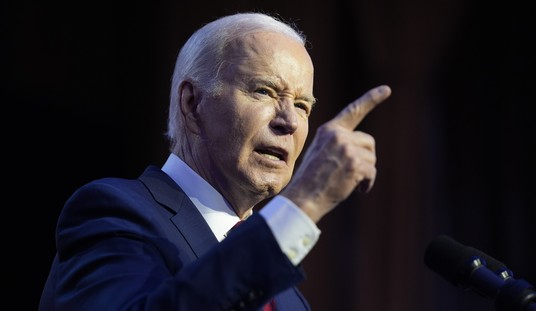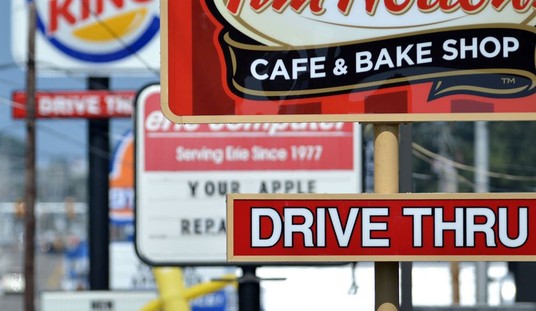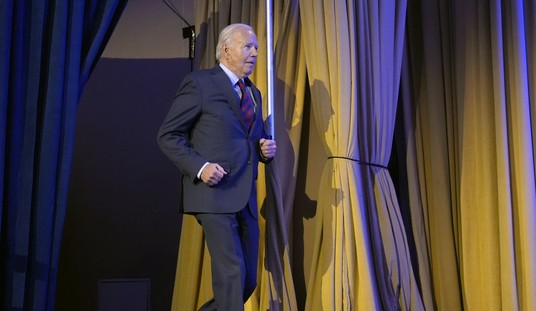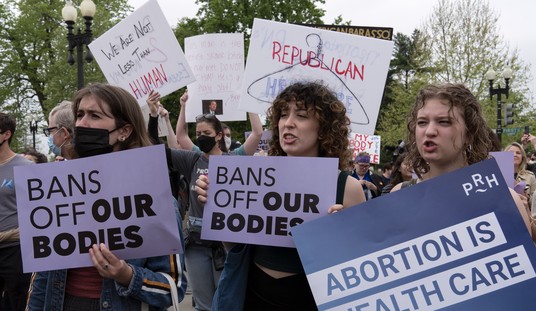The American, the magazine of the American Enterprise Institute, has an article this month that I classify as a must-read for conservatives searching for a way ahead. The article is titled Why the voters got rid of Cantor.
Most people do not decide which candidate to vote for based on who shares their opinion on the specific issues. They know that issues are complicated, and they remain rationally ignorant, believing that professionals who deal with issues full time will have a better perspective than they. In other words, voters mostly will accept Edmund Burke’s statement to the Electors of Bristol that “your representative owes you, not his industry only, but his judgment; and he betrays, instead of serving you, if he sacrifices it to your opinion.” They will vote for whichever candidate shares their values and concerns (hereafter “V&C”) about the big issues — the economy; war and peace; health; education; law and order, and, at a deep level, humanity’s relationship to God and the infinite. A voter trusts that such a candidate will wind up supporting the voter’s real interests, even if he takes a position the voter would not have originally endorsed. If the voter is concerned about jobs, he will vote for the candidate who best communicates a genuine concern for the issue, not by assessing the details of some position paper.
I think this hits the issue that we’ve all been wrestling with since the semi-conscious Thad Cochran was bought and paid for by the GOP establishment. There are exceptions on this list who believe an elected official must vote a certain way or they start screaming RINO but must of us are adults and we realize that politics is not Nikita Khrushchev banging his shoe on the table and that every vote is not a matter of principle AND that a man of principle may vote in a way contrary to our wishes because they see the issue differently. But so long as we trust the man to vote our “Values and Concerns” we will stick by him. This, in a nutshell, explains why most incumbents are very difficult to dislodge.
The tension arises when this symbiotic relationship between representative and electorate is broken. For instance:
In theory, Cantor could have crafted a message to reassure them that he shared their fears, would never sign off on anything that did not suit their long term V&C, and could be trusted to do the best possible in a complicated environment. (Burke did this badly, failing to link free trade with Bristol’s long-term benefit.)
But Cantor could not credibly create such a message because his status in the House leadership and his close ties with pro-amnesty business contradicted the idea that he shared the V&C of his district. So voters did not trust him on immigration, and of course his confusing stance on the issue then undermined trust on other things as well.
This points to the ongoing struggle inside a GOP beholden to moneyed interests for campaign purposes and reliant upon an electorate that is becoming wary of the crony capitalism and corporate welfare supported by the GOP. The article contrasts the difficulty faced by the GOP with that of the Democrats. The Democrat party is composed of a dog’s breakfast of special interest groups looking to score government handouts. So long as a Democrat promises to support the pet grievance of these groups they are golden. This, in a nutshell, explains why Democrats dominate big city politics. Even disasters work for the Democrats. For example:
- They were behind the mortgage security debacle because they had bullied banks into making stupid loans to people who were going to default.. these people being part of the Democrat coalition. Then when the mortgage industry melted down, the Democrats could further endear themselves to constituents by expanding government reach to regulate the industry and protect their coalition from the effects of default.
- The Democrats have created an regulatory environment which has nearly destroyed the job market for low-skill, entry-level workers. They have used this attack on their own base to push for more government benefits and a higher minimum wage, neither of which help younger workers trying to make that first critical jump into the work force.
The Republicans have a harder time with the imperative to appeal to both the broad base of V&C voters and special interests. On taxes, the Republicans have made the link between benefits for targeted groups and pro bono publico, arguing that reductions for the rich and upper middle class prove the party’s dedication to the interests of working people, and it is not surprising that tax-cut rhetoric has a long chapter in the Republican catechism.
For conservatives, the definition of V&C has evolved. Rather than the usual jobs, education, and so on, their V&C concerns go deeper and now include dedication to free markets, light regulation, individual autonomy, respect for conscience, refusal to privilege victimhood, and the rule of law. These do not translate well into visible benefits for individuals, firms, or industries, and thus do not keep the vital dollars flowing into the coffers of the party, the independent groups, and the K Street lobbying firms where old donkeys and elephants go to get rich.
Some money comes from those ideologically committed to this conservative prayer book, but this group is not large enough to match the Democratic combination of billionaires, unions, greens, and public employees, nor is it as gullible as the business world in its willingness to shovel money to the consultant class (aka, “The Establishment”).
This brings us to where we are today. I’ve written on the Cochran atrocity in terms that I would not have thought possible only a year ago (see here | here | here). This site has long had a policy of voting for the most conservative candidate possible in the primaries and falling in line behind the GOP candidate in the general. This has resulted in me writing in favor of both John McCain and Mitt Romney. Though I could argue my commentary was more anti-Obama than pro-McCain/Romney, the fact remains that I did have to fellate winos in the men’s room of the DC Greyhound station for two weeks after each of those elections to regain my self-respect and sense of self-worth.
If you’ve wondered why the GOP establishment and especially it Chamber of Commerce money men can so cheerfully throw elections to the Democrat rather than support a conservative, this article provides the key.
If a conservative is elected, that is a candidate supporting the Values and Concerns of Mainstreet, then the apple cart, or the feeding trough, is upset. Lobbyists aren’t paid, contracts aren’t awarded, power isn’t arrogated to DC. If an establishment type wins then business as usual continues. If a Democrat wins, then the GOP establishment and its puppetmasters are able to a) blame conservatives, b) still get the money, and c) fundraise from conservatives to build a GOP majority.
In the end, in many cases we are voting against our Values and Concerns. Debt is increasing. The economy is in shambles. The GOP in Congress seems more interested in comity than pushing back on Democrat and executive branch overreach. Religion is mocked and scorned. Immorality has become a Constitutional right and morality has become socially suspect. And we are expected to vote for candidates who really think their mission is simply running up more debt so a William Thad Cochran Mausoleum and By-the-Hour Motel can be built somewhere in Mississippi.
The only losers in this scenario are conservatives… and even liberals… who work for a living and fear for their children’s future.















Join the conversation as a VIP Member